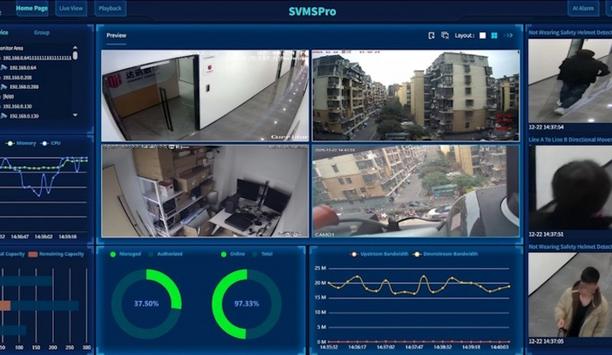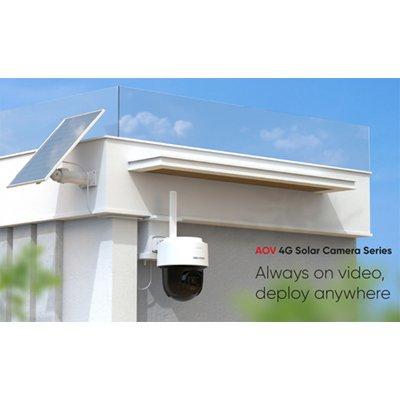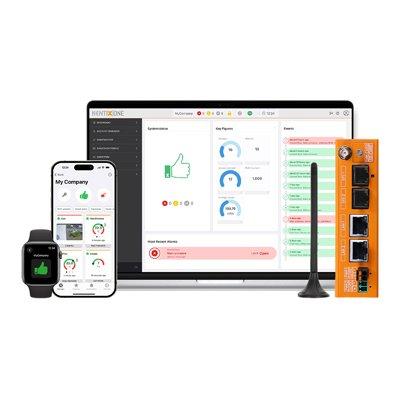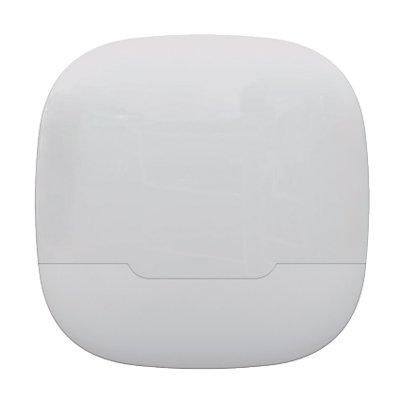Check out our special report on casino security
Is there a seasonal impact on security system sales?
Editor Introduction
Any business sees its share of highs and low, of flare-ups and lulls. In the security market, several factors can impact general business trends, whether at the macro level or for an individual manufacturer or integrator. The economy is always a factor in the business climate, but are there others? We asked our Expert Panel to assess the impact of another variable – the seasons. Specifically, we asked this week’s Expert Panel: What is the seasonal impact on sales of security technology and systems? When are the highs and lows?
The impact of seasonal sales in the security industry depends on the vertical market. If your company does business with the state or Federal government, you will see swings based on the spending habits of the "spend it or lose it" budget deadlines. Education is another vertical that has swings depending on school-board policies. Other verticals see little to no seasonal impact.
The seasonal highs and lows vary by market segment. Large project business is generally seasonal because of budget cycles. Projects are often specified and budgeted the prior year, and money is released early in the calendar year. This is because most companies’ fiscal years match the calendar year. We often see a spike of large orders at the end of a calendar year as people are spending the last of their budgets, the old “use it or lose it.” Two other vertical markets where we see a seasonal impact are Retail and Education. Because of the busy holiday season, retailers typically have a freeze in early October for any work in their stores. While projects are budgeted in the prior year, the money is generally released in mid to late-February following a full accounting of the holiday sales revenue. Construction projects for schools are done over the summer holidays (June-August).
We see a big influence of the holiday seasons on sales of security technology. For example, large projects often kick-off after the summer season. The selection process of new technology will then start and often includes multiple suppliers. The selection process and sale are then often finalised before the Christmas holidays, which is why we see a high in November and the beginning of December. Budgets for a new calendar year are often allocated in October and after the winter holiday, new projects will start to happen of which we see a high in May and June as there is often a need to finalise the projects before the start of the summer holiday.
We see a slowdown during the winter months (November, December, January, February) in the United States, mainly due to the ground being frozen from the cold temperatures throughout the Midwest and Northeast. We see an increase in sales in spring and late summer in the United States with the government fiscal year ending. The Middle East and Asian markets are pretty consistent, and weather isn’t a factor. Europe can be similar to North America without the jump in late summer since we don’t typically get as much money from their fiscal year ending push. Any type of terror attack will immediately increase sales irrespective of the time of year. Such increases in activity are completely dependent on the event and not related to any other factors.
I’ll admit to shooting from the hip here because I don’t deliberately track these figures. In the same way that architects probably have a limited feeling of seasonal variations in steel girder sales, we CCTV consultants won’t assiduously graph security technology sales. Nonetheless, we recognise the time lag between our design work and managing the subsequent procurement and installations. This is usually at least a month, and often two or three months, maybe longer, depending on tendering processes. My work can slow in July/August owing to clients’ holiday absences. The Christmas and New Year holidays create a lull in December too. Significantly, government departments in the U.K. have “spend it or lose it” budget cut-off at the end of March each year. It’s often the accounting year-end for companies too, so we often see a rush to spend through springtime. That helps to bring a smile through the dark winter months.
Editor Summary
It’s not a surprise that customers’ budgeting cycles and the yearly ebb and flow of their businesses have an impact on when they might want to buy a new security system. Complicating the picture is the long (and variable) time period required for a system to be designed, approved, put up for bid, etc. It’s also not surprising that these various factors translate into a somewhat predictable pattern of busy and slow times for consultants, integrators and manufacturers – although when the slow times happen depends on which group you consider. A measure of success might be how well companies prepare during the slow times for the coming, seasonal onslaught of business.
- Related categories
- CCTV cameras
Expert commentary
Security beat
One system, one card
DownloadEnhancing physical access control using a self-service model
DownloadAligning physical and cyber defence for total protection
DownloadUnderstanding AI-powered video analytics
DownloadHow to implement a physical security strategy with privacy in mind
DownloadHikvision AOV 4G Solar Camera Series for Off-Grid Video Security
KentixONE – IoT Access and Monitoring For Data Centres
Climax Technology HSGW-Gen3 Modular Smart Security Gateway






















